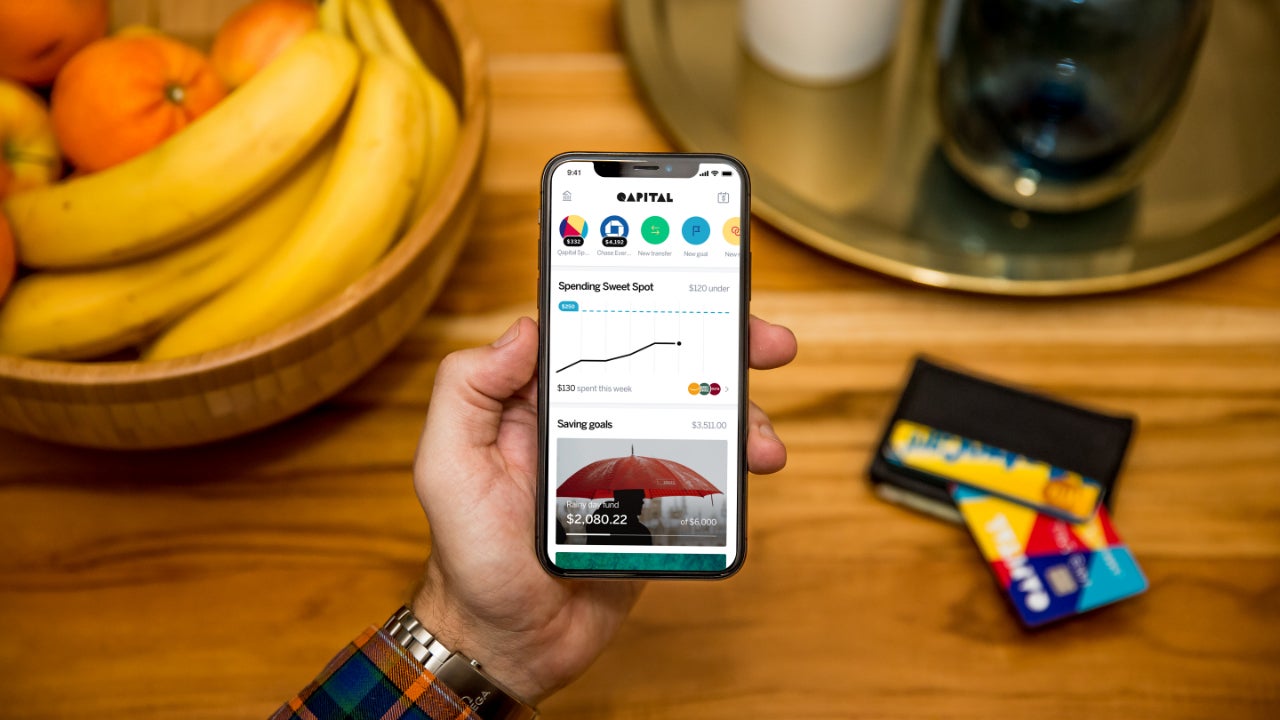Best savings accounts for kids

Key takeaways
- When selecting the best bank account for kids, prioritize accounts with no monthly maintenance fees or minimum balance requirements to maximize savings.
- Choose accounts that offer parental controls and educational tools so you can help guide your child’s financial education.
- Consider the age requirements and geographic and membership limitations that might restrict access to certain accounts.
A savings account is a useful tool for teaching children the value of money and the basics of managing finances. But before opening a savings account for your child, it pays to look for some key features.
Here are some of the best savings accounts for kids, including those that require no minimum balances, charge no fees or provide ways to eliminate them and offer competitive annual percentage yields (APYs).
Best savings accounts for kids
Each of these savings accounts offers a worthwhile place to start a child’s banking journey. Check for account opening age restrictions, whether there are fees and what happens when the child reaches a certain age before opening a savings account for your child.
Best for a high yield: Alliant Kids Savings Account
Why we chose it: The Alliant Kids Savings Account earns a competitive yield for a children’s savings account.
The Alliant Kids Savings Account requires an initial deposit of $5, which the credit union will cover for you. The account pays 3.10% APY, but it earns no interest if the daily balance falls below $100. No monthly fee is charged as long as you receive e-statements instead of paper statements.
The account offers a mobile banking app that will allow you and your child to digitally monitor the account’s funds, as well as make deposits and review how much interest has been earned. Children 13 and older can apply for a Teen Checking Account with Alliant to continue their financial journey.
Alliant Credit Union has been rated Bankrate’s best credit union, so it’s no surprise that this savings account offers practical features that will help children learn more about money.
Best for kids of all ages: Capital One Kids Savings Account
Why we chose it: You don’t have to wait until your child is a certain age to open this account. A parent or a legal guardian can open this account for a baby. Once the child is 12, the adult opening the account with the child doesn’t need to be their legal guardian.
The Capital One Kids Savings Account charges no fee, has no account minimum and pays 2.50% APY on any balance.
In addition to earning some interest, the account offers a mobile app that allows children to check account balances. As an added feature, the dual-access account requires adult supervision to transfer funds out of the account.
Best for young children: PNC’s S is for Savings
Why we chose it: The bank has a learning center where kids can learn from Sesame Street characters.
The S is for Savings account offered by PNC Bank is designed to help younger children learn about money and banking. The account’s online financial education tools are robust and feature your child’s favorite Sesame Street characters.
Children can access the account through the PNC Mobile Banking app. The goal of the app is to provide an interactive banking experience that teaches your child more about “saving, sharing, and spending.”
The account requires no minimum deposit to open and charges a $5 monthly fee that can be waived if:
- The account holder is under the age of 25.
- An average monthly balance of at least $300 is maintained.
- There’s at least one automated transfer of $25 or more each statement period from a PNC checking account.
A downside: The APY offered is very low, at only 0.02% APY. With that in mind, the account is likely best for younger children who have a lot to learn about the basics of money.
Best for ATM access: Boeing Employees Credit Union (BECU) Early Saver Account
Why we chose it: Unlike many savings accounts, the Early Savings Account from Boeing Employees Credit Union comes with an ATM card. This could come in handy for demonstrating how to deposit money without having to visit a teller. Another perk of this account is the yield on a balance of up to $500 is very competitive.
The BECU Early Saver Account has no monthly fees and no minimum opening balance. As children save, they earn an extremely competitive 5.90% APY on the first $500, while amounts above that earn just 0.35% APY, which is comparable to rates offered by traditional bank savings accounts.
Though the credit union was founded for Boeing employees, BECU has since expanded to offer membership to anyone who lives or owns a business in Washington state, plus select counties in Oregon and Idaho. Membership is also open to those affiliated with certain organizations.
Best for financial education resources: PenAir Credit Union Level Up Youth Savings Account
Why we chose it: The PenAir Credit Union Level Up Youth Savings Account offers free money management tools and financial education resources, designed to help you raise kids who are smart about money.
The Level Up Youth Savings Account pays 0.299% APY on all savings balances. Accounts can be opened at a PenAir branch in northwest Florida or southern Alabama, but can also be opened online. You’re eligible for membership if you:
- Live, work or attend school in select counties in Florida or Alabama.
- Would like to join the Friends of the Navy Marine Corps Relief Society.
Why should my kid have a savings account?
A savings account is a useful tool to help children gain financial knowledge. By slowly building savings through childhood, kids can form the right money habits, learn about the importance of saving and understand the value of money. They can also learn about earning compound interest on their savings.
Maintaining a savings account can also help kids understand the advantages of keeping their money in the bank, where it’s safe and earning interest, rather than storing their savings at home.
What to look for in a bank account for kids
There are a few key factors to consider when choosing a bank account for a child. The goal is to find a flexible, low-cost account that assists with improving financial literacy. Here are some features to look for:
- No monthly maintenance fees or minimum balance requirements. Choose an account that doesn’t charge monthly fees, which can deplete savings over time. Picking an account without a balance requirement allows you and your child to manage money without the pressure of maintaining a specific amount.
- Convenient online access. Make sure the bank provides a user-friendly online and mobile banking experience. This is a great way to introduce children to digital banking.
- Competitive interest rates. Online banks and high-yield savings accounts typically offer the best rates, which can boost your child’s savings.
- Parental controls and monitoring. Some accounts offer features that allow parents or guardians to monitor account activity, set spending limits, and control ATM access.
FAQs about kids’ savings accounts
Why we ask for feedback Your feedback helps us improve our content and services. It takes less than a minute to complete.
Your responses are anonymous and will only be used for improving our website.






